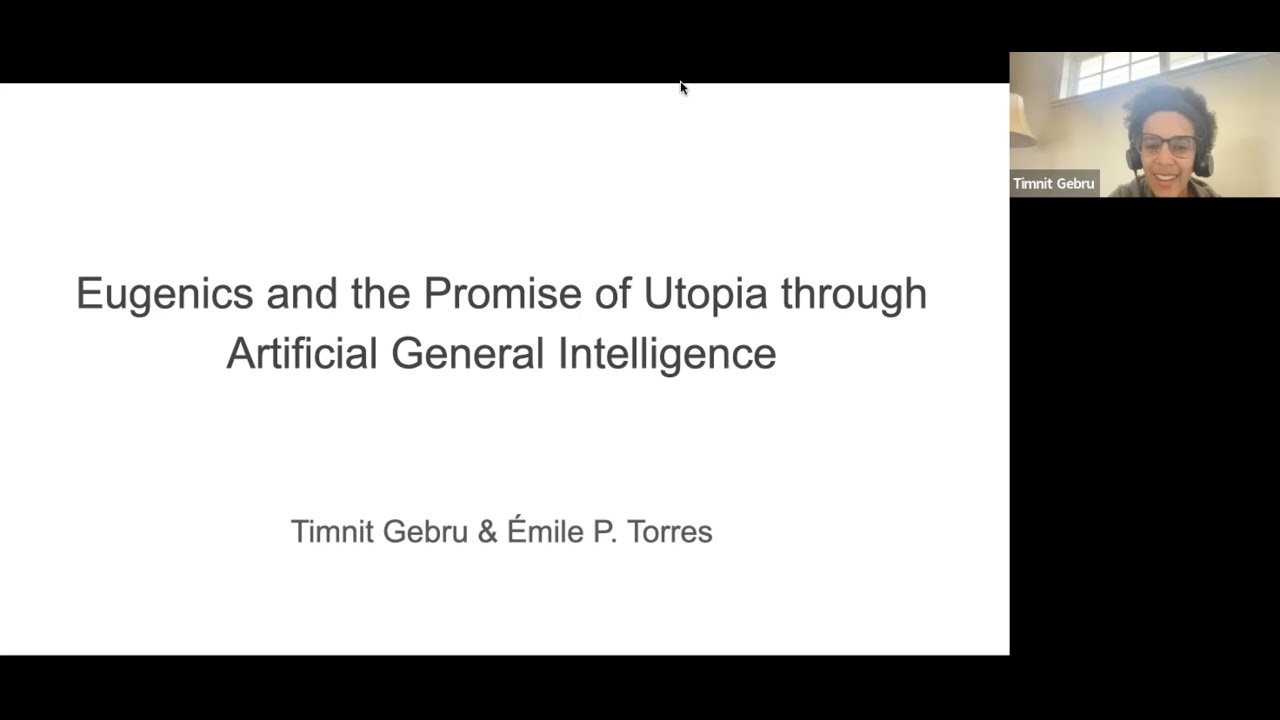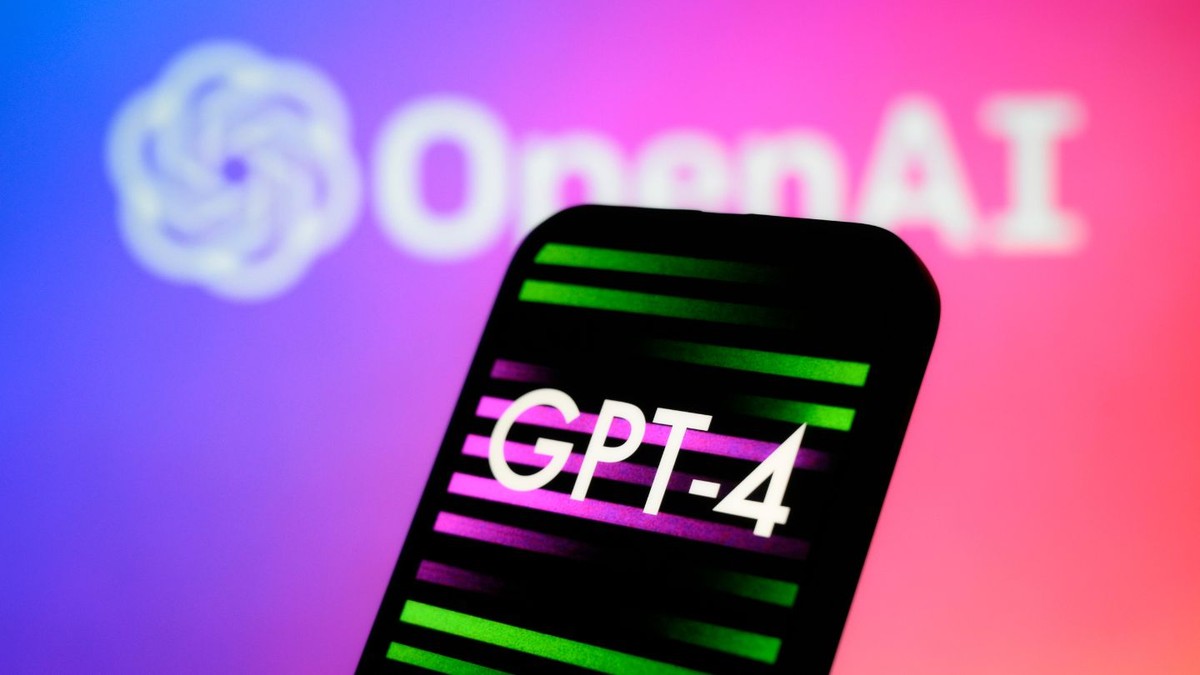

So, your strategy here was to purposefully make a convenient strawman ragebait of “we should ban general computing” – something that has exactly zero to do with the blogpost – and then ask a trick question? Clearly you are not here to have a conversation in good faith. Why bother?
But please do elaborate what my “stance on general purpose computing” is? Genuinely curious.
Regarding the question of why LLMs are “somehow a bigger problem”, I never said they are a “bigger problem”. I did not compare them to anything. Comparing LLMs to “general purpose computing” is like comparing hypermarkets to “the market economy” (and just before you go on another red herring quest: I said “market economy” not “capitalism”, that’s a whole different conversation). It makes no sense.
Hypermarkets are one possible artifact of the market economy, and LLMs are one possible artifact of general purpose computing. That does not change the fact that hypermarkets have huge issues attached to them. Just as LLMs have huge issues attached to them.
We can have general purpose computing while recognizing issues related to LLMs, just as we can have market economy while recognizing issues with hypermarkets. We can choose to promote or discourage them in our environment. Pointing out issues with them is not the same as calling for them to be banned. This is not at all difficult to grasp for anyone who comes into such conversation in earnest.
What I wrote about in the blogpost is a particular set of the issues related to LLMs, in the context of a deluge of hype trying to convince us somehow LLMs can break passwords (they can’t), exploit vulnerabilities (they can’t) and autonomously orchestrate cyber-attacks (again, they can’t).
LLMs add a shit-ton of attack surface due to their complexity, and will end up being a larger security problem than any of the fear-hyped scenarios above. Honestly not sure what’s so controversial here?
And look, if you don’t like my writing, just stop reading it. It’s really super-easy. There’s plenty of other stuff to read online, you can even use an LLM to generate something you’d like better.
















Which is good because calling making a tech product safe “censorship” is a pretty fraught position to defend.